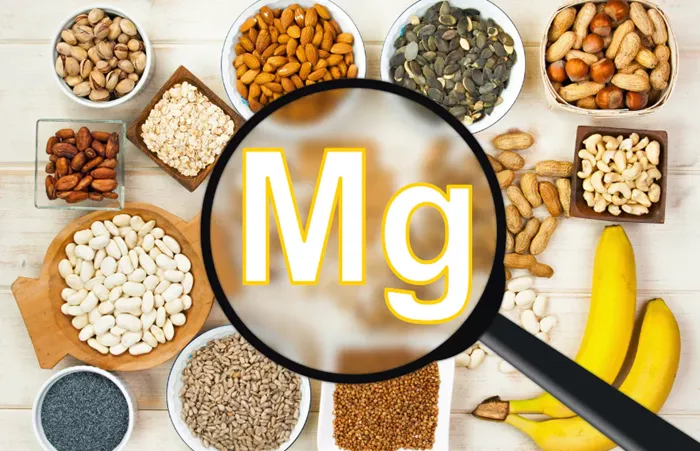Often overlooked next to flashier vitamins and supplements, magnesium is a quiet powerhouse. It supports over 300 chemical reactions in the human body and is especially important for men’s health. From heart health to hormone balance, this essential mineral does more than most people realize.
In a conversation with Onlymyhealth, Dr. Shrey Kumar Srivastav, a general physician and senior consultant at Sharda Hospital in Noida, shared key insights on why magnesium matters for men—and how to make sure you’re getting enough.
Why Magnesium Is So Important for Men
Magnesium is essential for energy production, muscle function, and nerve activity. But its benefits for men go far beyond the basics.
1. Supports Heart Health
Heart disease is one of the leading health concerns for men. Magnesium helps regulate blood pressure, supports steady heart rhythms, and improves overall cardiovascular function. Studies show that getting enough magnesium can reduce the risk of high blood pressure and other heart-related issues.
2. Boosts Testosterone Naturally
As men age, testosterone levels tend to decline. Magnesium helps support the body’s natural testosterone production. It can increase testosterone levels in men with low or borderline levels and improve the effectiveness of existing testosterone by reducing sex hormone-binding globulin (SHBG). This can lead to better energy, improved muscle growth, and a healthier sex drive.
3. Improves Muscle Function and Performance
Whether you’re an athlete or just trying to stay active, magnesium is vital for muscle health. It helps muscles contract and relax properly, reducing the risk of cramps and fatigue. Active men also lose magnesium through sweat, making it even more important to replenish levels through diet.
4. Strengthens Bones
Most people think of calcium when it comes to bones, but magnesium plays a big role too. The body stores a large portion of its magnesium in bones, where it helps build density and strength. It also works alongside hormones that regulate calcium and bone formation, helping reduce the risk of osteoporosis.
5. Helps You Sleep and Reduces Stress
Stress is a part of daily life, but too much can hurt your health. Magnesium helps regulate the nervous system and lower cortisol, the body’s main stress hormone. It also relaxes the muscles and supports brain functions that are tied to better sleep. Low magnesium is linked to trouble falling and staying asleep.
6. Aids in Blood Sugar Control
Magnesium plays an important role in how the body processes food into energy. It helps control blood sugar levels and improves insulin sensitivity. For men at risk of type 2 diabetes, magnesium may help lower that risk when combined with a healthy lifestyle.
7. Supports Male Fertility
Though less often discussed, magnesium is also key for male reproductive health. It affects sperm movement, energy production, and DNA integrity. Studies have found that low magnesium levels may be connected to fertility issues in men.
Signs of Magnesium Deficiency in Men
Despite being essential, magnesium is often lacking in modern diets. Processed foods, certain medications, and chronic stress can all lower magnesium levels. Early signs of a deficiency include:
- Fatigue and weakness
- Muscle cramps or spasms
- Numbness or tingling
- Irregular heartbeat
- Nausea or appetite loss
- Headaches or migraines
- Trouble sleeping
If you’re experiencing any of these symptoms, it may be a good idea to consult a healthcare provider and check your magnesium levels.
How Much Magnesium Do Men Need?
The recommended daily intake for adult men is between 400–420 milligrams. Thankfully, magnesium is found in many whole, unprocessed foods. Dr. Srivastav recommends focusing on these magnesium-rich options:
- Green leafy vegetables (like spinach and kale)
- Nuts and seeds (especially almonds, cashews, and pumpkin seeds)
- Whole grains
- Legumes (such as beans and lentils)
- Avocados
- Dark chocolate
- Oily fish (like mackerel and salmon)
Final Takeaway
Magnesium may not get as much attention as other nutrients, but it plays a major role in men’s health. From keeping your heart strong to helping you sleep better, it supports nearly every system in your body. Making sure you’re getting enough—through diet or supplements if needed—can lead to big health benefits.
If you think you may be lacking magnesium, speak with your doctor. Small changes in your diet can make a big difference.


